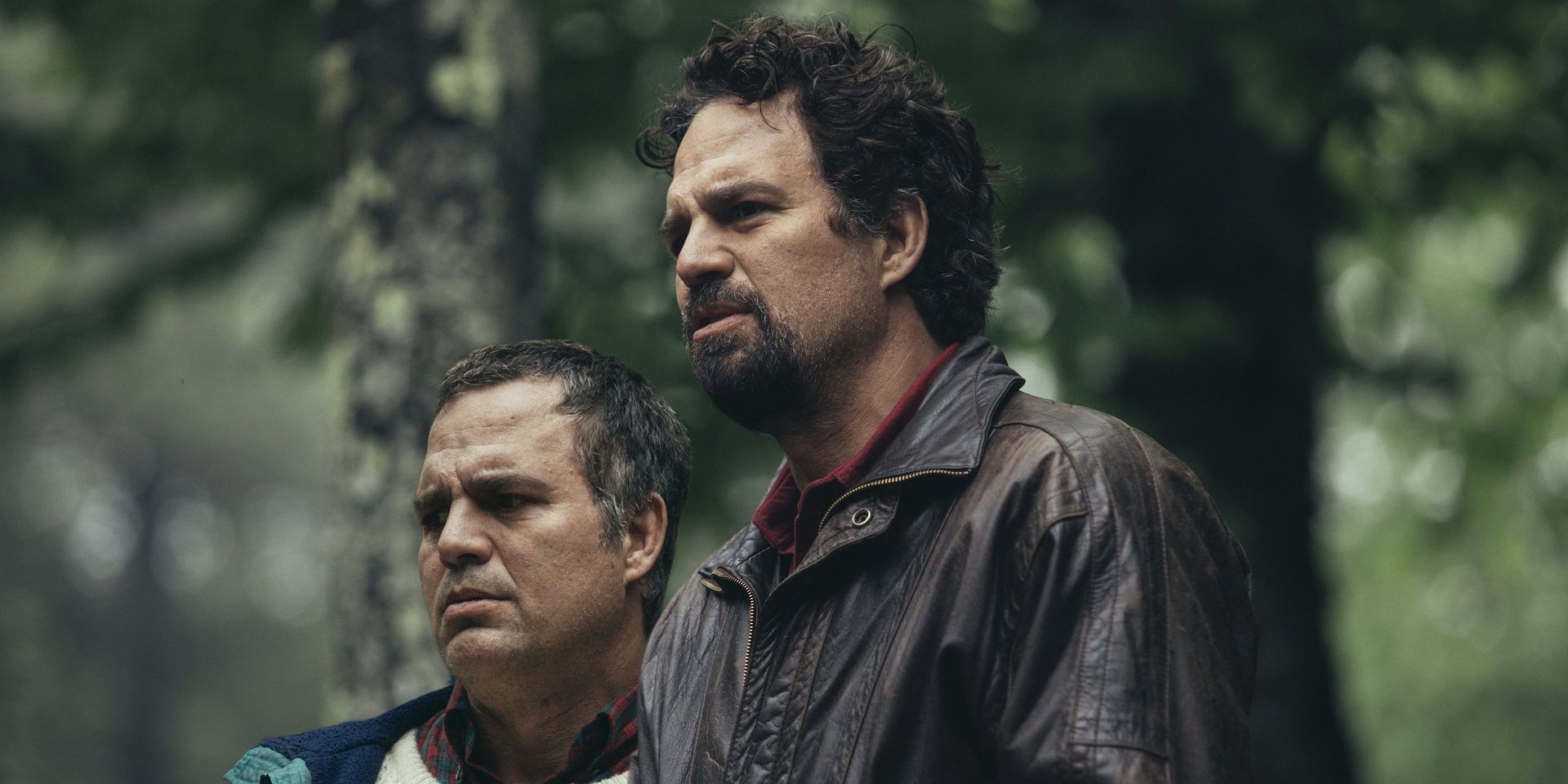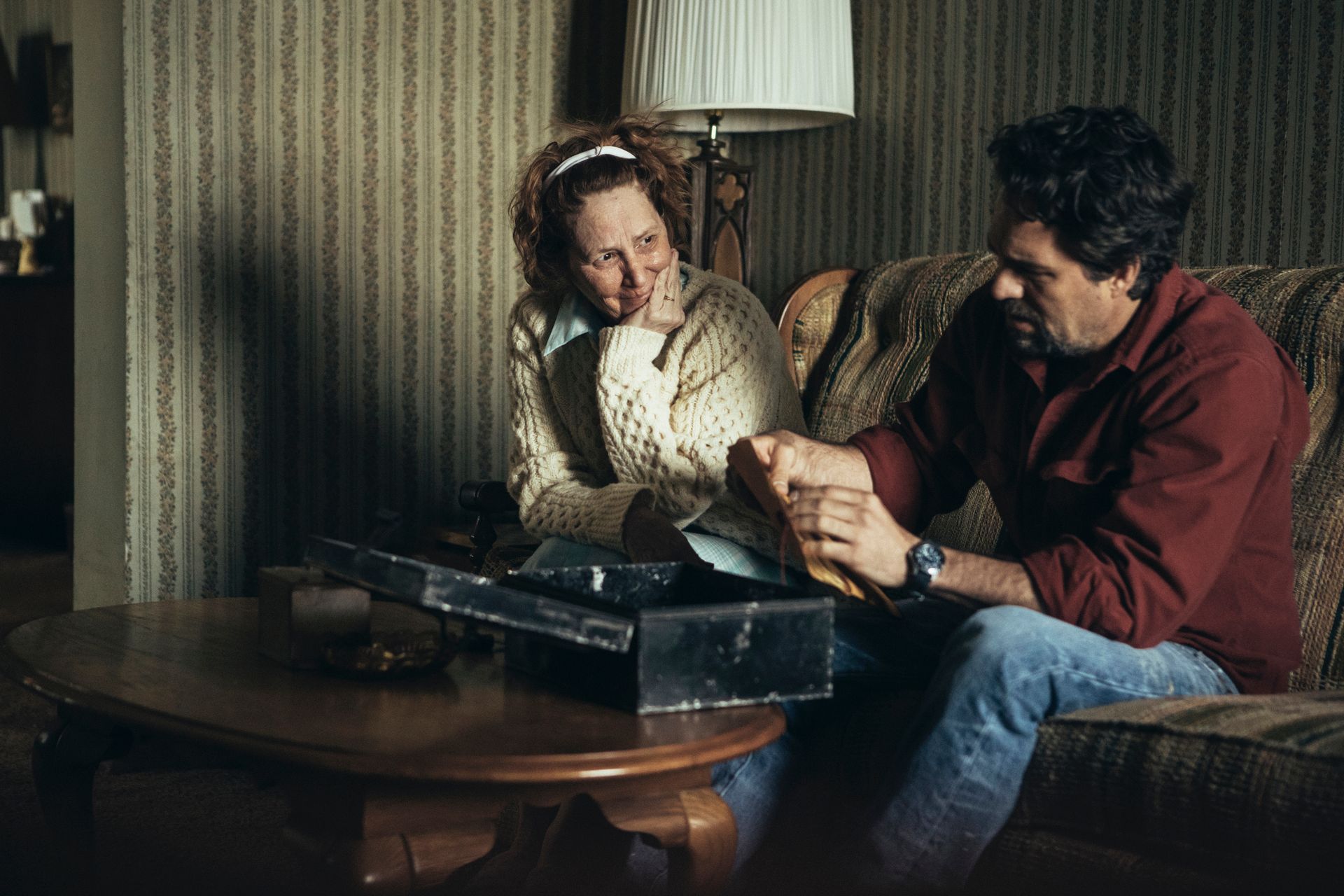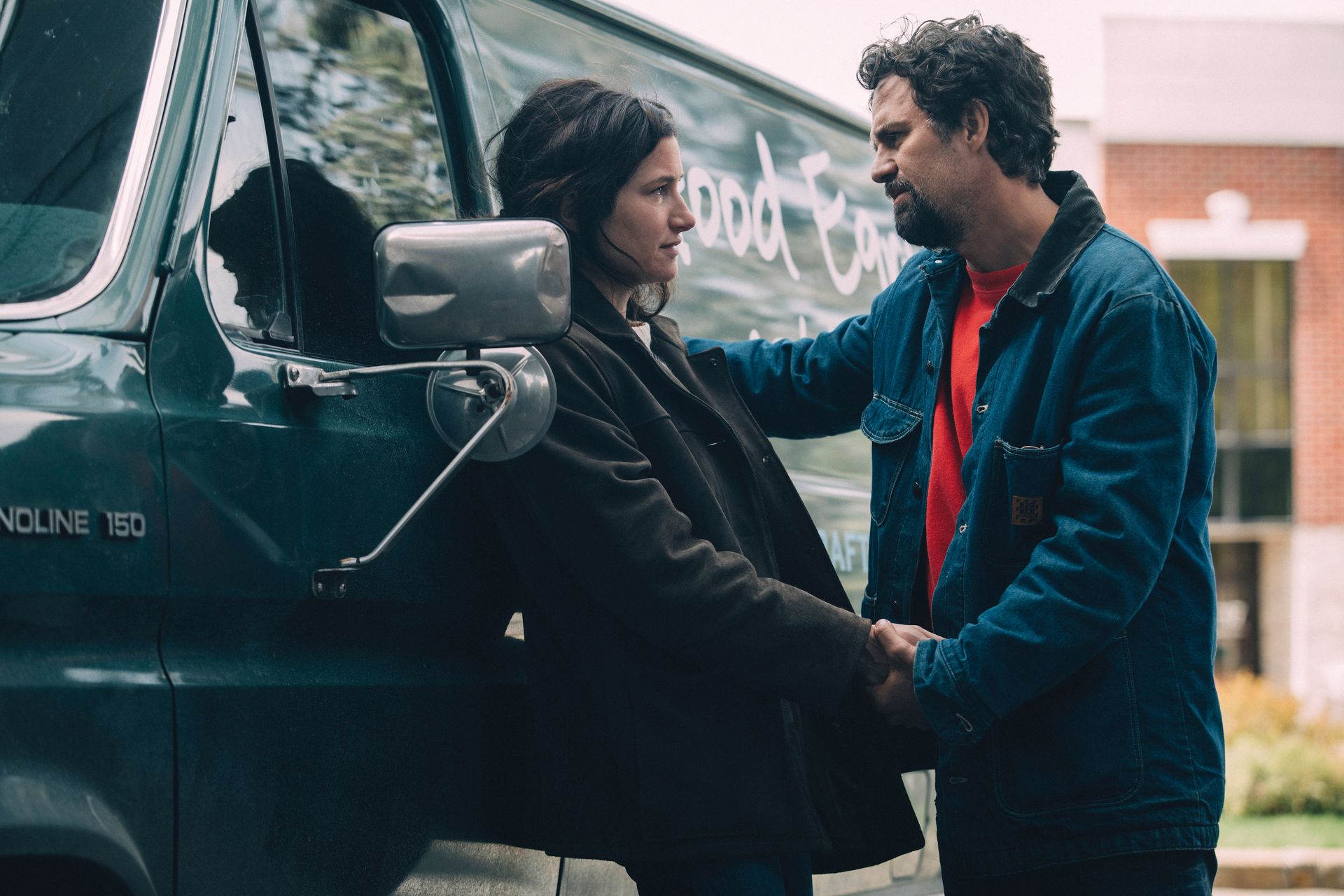HBO miniseries I Know This Much Is True is like the TV-drama equivalent of one of those nightclubs that Bill Hader's Stefon was always touting on Saturday Night Live. It has everything: rape, cancer, abuse, infant death, mental illness, the Gulf War and two Mark Ruffalos! Based on Wally Lamb's 1998 bestselling novel, one of the most popular picks in Oprah Winfrey's book club, I Know This Much Is True is a six-part epic of unending misery, piling on as much torture for Ruffalo's twin protagonists as it does for the audience.
Writer-director Derek Cianfrance, whose feature films (Blue Valentine, The Place Beyond the Pines, The Light Between Oceans) are similar slogs through slow, pointless unhappiness, adapts Lamb’s 900-page novel into a grinding dirge, anchored by Ruffalo's effective dual performance as two deeply unpleasant people. The main character is Dominick Birdsey, who's been burdened his entire life by his twin brother, Thomas, a paranoid schizophrenic who begins the first episode by cutting off his own hand in what he believes is a sacrifice to avert impending war.
The series, like the book, is set mainly in late 1990 and early 1991, during the time of the first Gulf War, with news reports playing steadily in the background of many scenes. Like so much of the turmoil depicted in the story, though, the war is just one compounding factor in the endless adversity that makes up Dominick's and Thomas' lives, and the show doesn't have anything useful to say about the state of America during the first Bush administration. Substantial flashback sequences take place during the twins' college years in the midst of the Vietnam War and in the late 19th century when their grandfather (Marcello Fonte) emigrated to the U.S. from Italy, but this isn't a historical drama. Dominick and Thomas would be messed up no matter what time period they lived in.
After Thomas' violent incident, he's arrested and committed to a high-security facility, and the main plot thread involves Dominick's increasingly futile efforts to get Thomas released, while dealing with upheaval in his own life and reflecting on past trauma. The pair’s mother Connie (Melissa Leo) died of cancer a few years earlier, and both brothers have a strained relationship with their aloof, judgmental stepfather Ray (John Procaccino). Dominick is still hung up on his ex-wife Dessa (Kathryn Hahn), whom he divorced following, yes, a horrific tragedy, and he's now dating younger fitness instructor Joy (Imogen Poots), who has her own dark secrets.
Luckily, Dominick and Thomas get support from social worker Lisa (Rosie O’Donnell) and psychiatrist Dr. Patel (Archie Panjabi), both of whom are assigned to Thomas' case at the institution but take pity on Dominick, who clearly has many problems of his own. Ruffalo digs deep into both characters' emotional difficulties (although he's onscreen far more often as Dominick), and his performance is probing and believable. He even changes his physicality: Dominick is trim and fit, with bushy hair and a goatee, and Thomas is pudgy and hunched over, with a short prison haircut.
The digital effects seamlessly put Ruffalo (and actor Philip Ettinger, who plays the teenage versions of the characters) side by side with himself, even when the brothers are physically tussling with each other. The problem is that both brothers are so genuinely insufferable that it's a chore to spend time with them. If they were real people, you'd do everything you could to avoid interacting with them.
Between the brothers' persistent whining and the extensive voiceover narration (much of it drawn directly from the book), Ruffalo talks constantly, to the point where some sequences feel like listening to a Ruffalo-narrated audiobook with superfluous visual aids. Although Dominick is stubborn and short-tempered, both he and Thomas are mainly hapless victims of their terrible circumstances, which means that the protagonists of the story have little agency, and are merely bombarded with a series of misfortunes. "Life has not been kind to you," says Dominick's onetime fling Nedra (Juliette Lewis) when she encounters him lying in a hospital bed after yet another turn for the worse, and that could be the central thesis of the entire show.
Even Dominick's mundane job as a housepainter isn't spared from the unrelenting bleakness. He keeps coming back to a seemingly never-ending project even as his life and body are falling apart. Meanwhile, the couple who own the sprawling house he's painting are undergoing their own severe difficulties inside, which spill over onto him at one particularly inopportune moment. You get the impression that everyone in the drab, gray town of Three Rivers, Connecticut, is enacting some kind of tragedy just offscreen.
It's possible to represent this kind of humorless miserablism artfully, in a way that's difficult to watch but ultimately rewarding, but Cianfrance approaches it with the same glum, plodding dutifulness he brings to his feature films, only stretched out to six-plus hours. Shooting on film, cinematographer Jody Lee Lipes captures some of the rundown character of the former industrial town, and there's a lived-in authenticity to the period setting. But like Ruffalo's committed performance, the meticulous visuals only serve to burnish a story that is punishing and brutal, for the characters to experience and for viewers to witness.
Starring Mark Ruffalo, Melissa Leo, Imogen Poots, John Procaccino, Archie Panjabi, Rosie O’Donnell, Rob Huebel, Philip Ettinger, Aisling Franciosi, Michael Greyeyes, Marcello Fonte, Juliette Lewis and Kathryn Hahn, I Know This Much Is True premieres May 10 on HBO at 9 p.m. ET/PT.



